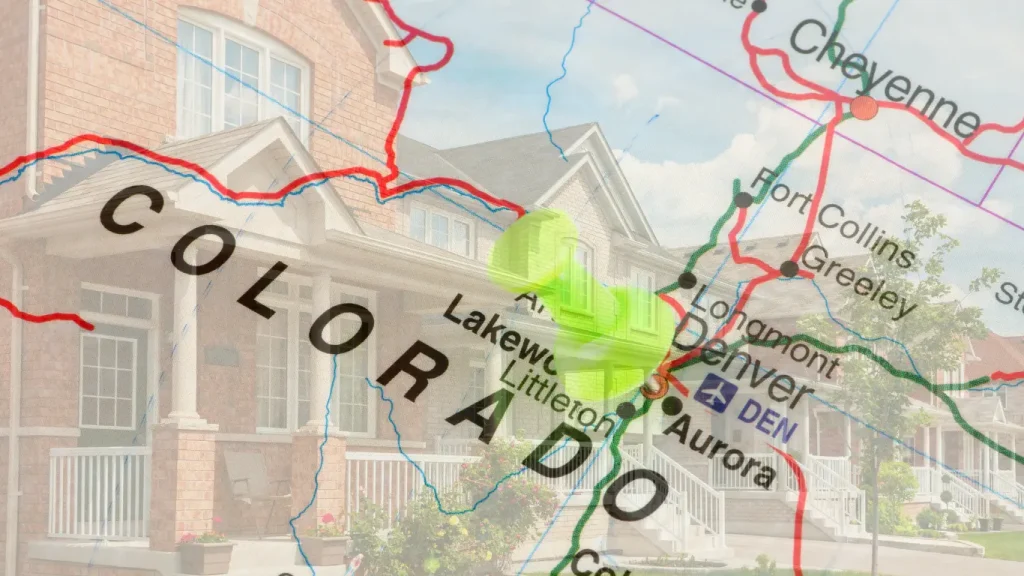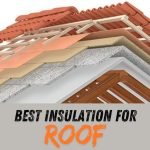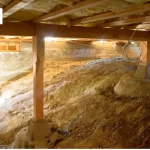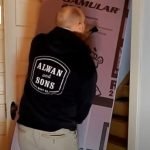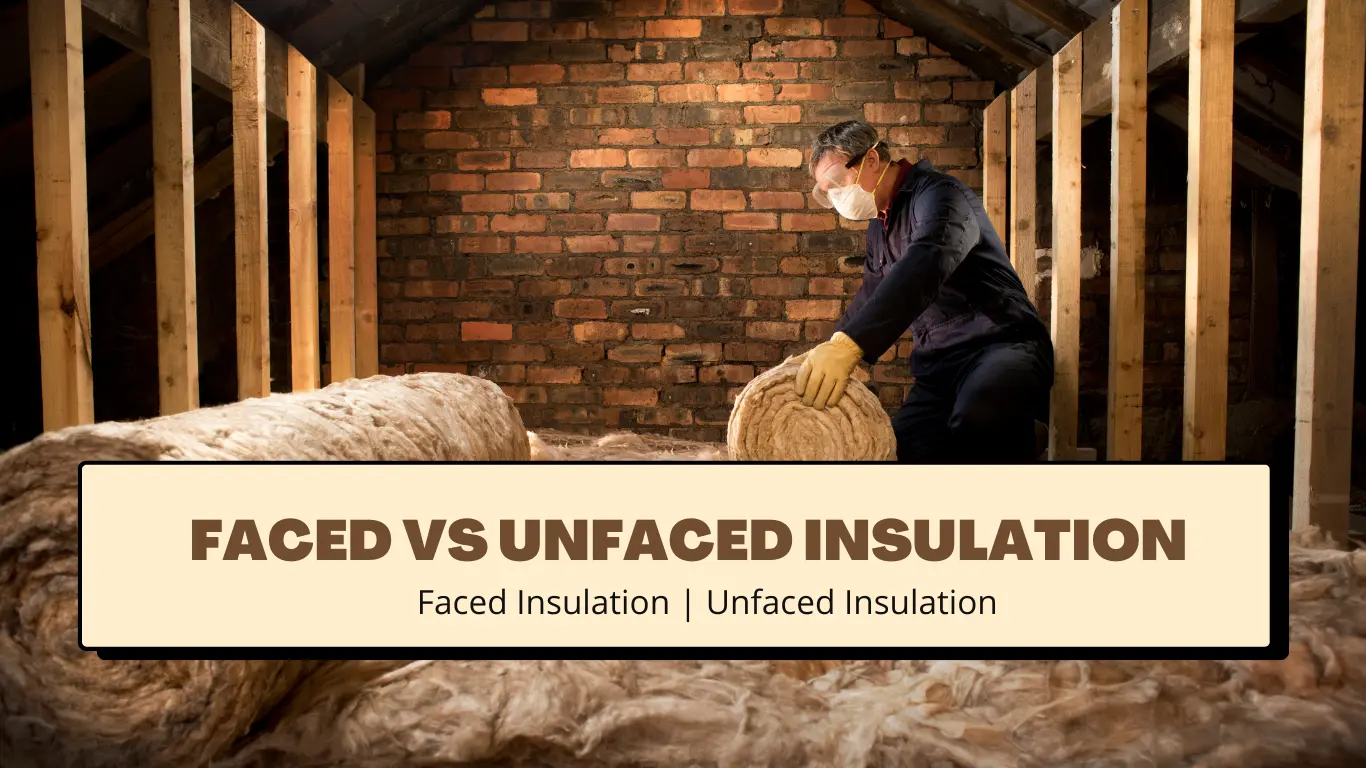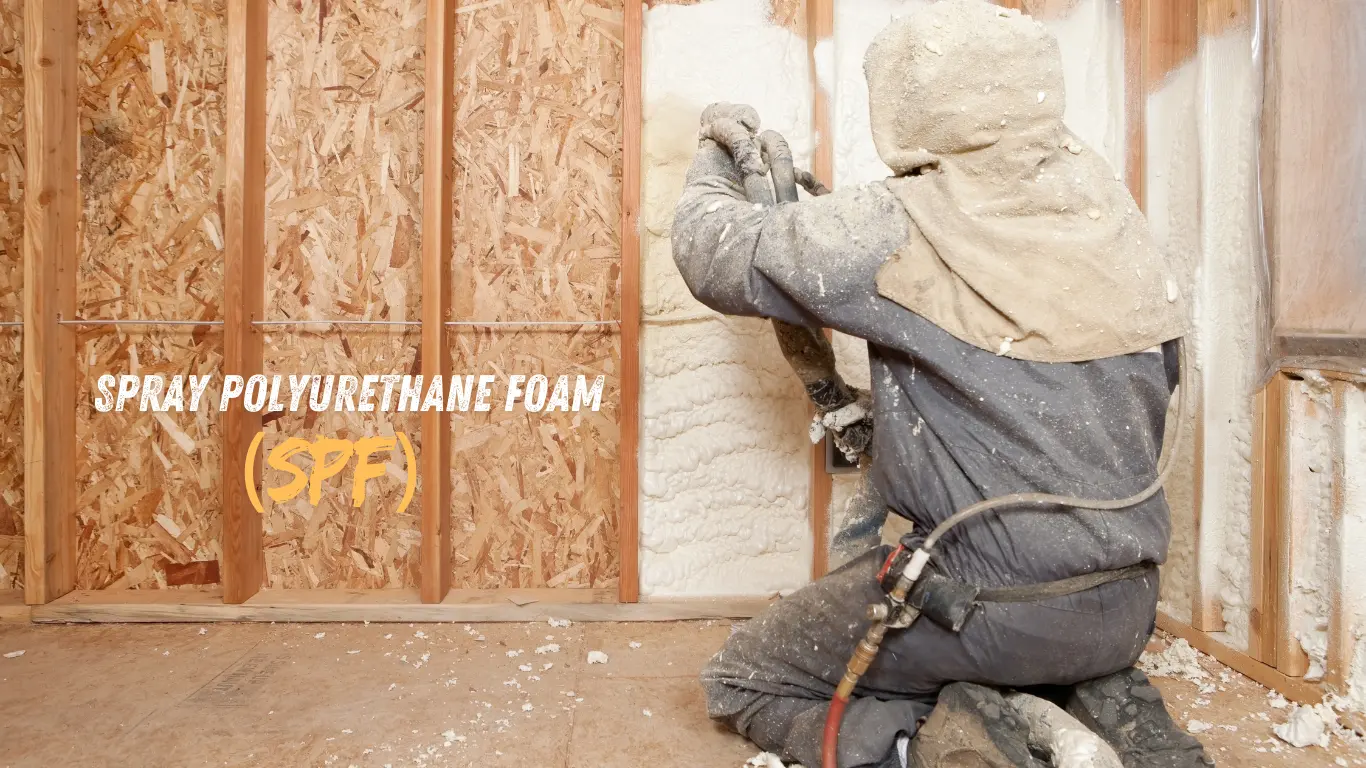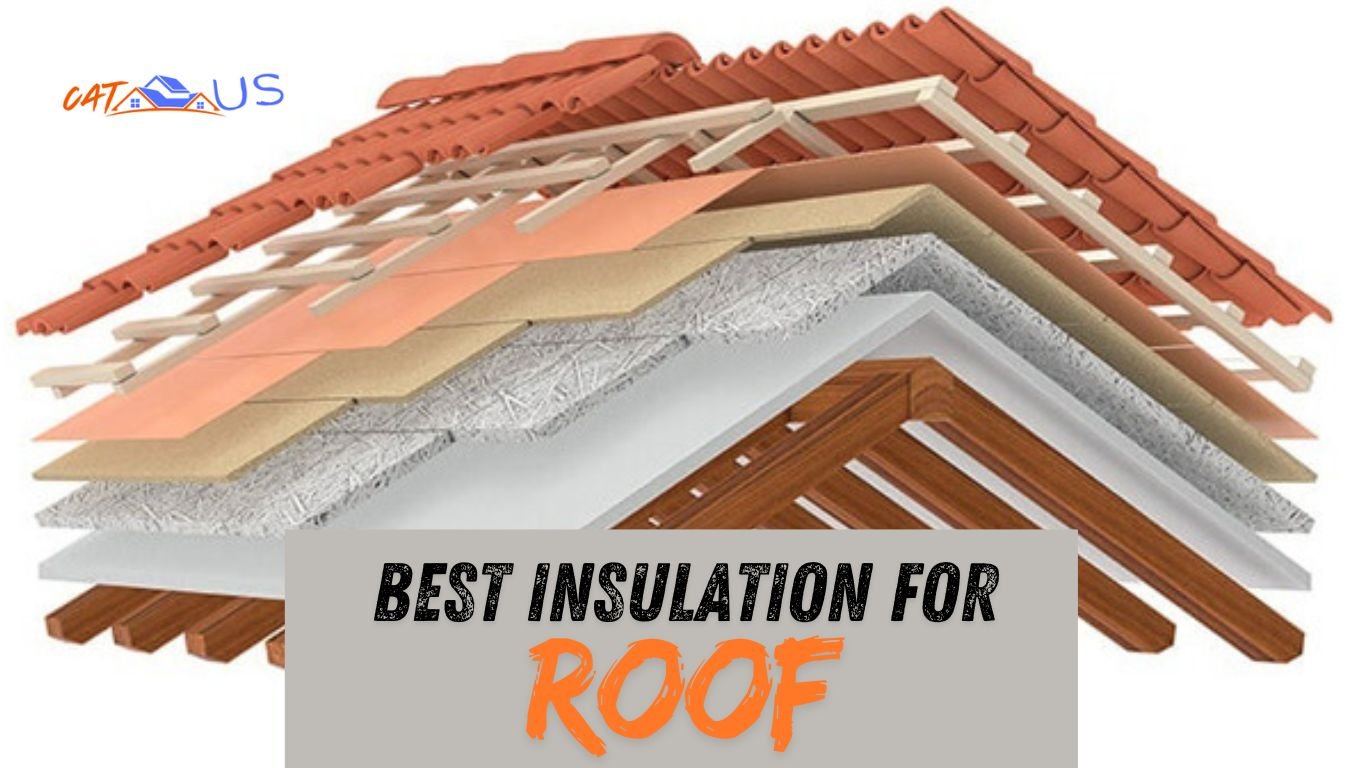Proper rest is essential after a long day, and having a comfortable home in Denver is key.
With its hot summers and freezing winters, In Denver’s climate makes proper Attic insulation crucial for maintaining comfort and energy efficiency.
Although R32 insulation might seems you cost-effective. But, it is insufficient for this region. Because, the recommended R-value for attics in this area is R-49 or higher to meet energy efficiency standards.
Lower-rated insulation can raise heating and cooling costs, so it’s essential to select materials that meet Denver’s climate needs and provide long-term benefits.
What Is R32 Insulation?
R32 insulation stands out as a product specifically designed to offer exceptional thermal resistance for framing in both wood and steel constructions. With its semi-rigid structure, this material acts as a shield, protecting against heat flow and helping to maintain indoor temperatures.
Crafted to handle a variety of climates, including the colder conditions in Denver, it offers a perfect balance of effectiveness and affordability. The high R-value of 32 ensures better heat retention, making it an ideal choice for those who value energy efficiency and reducing heating and cooling costs.
It’s like a tiny barrier that works year-round to stabilize temperatures, keeping homes warm in the winter and comfortably cool during warmer months. Its ability to withstand extreme climates makes it particularly popular in areas like Denver.
Whether dealing with fluctuating temperatures or striving to maintain consistent thermal comfort, this product has proven to be a reliable solution for balancing energy usage while ensuring your conditions remain just right. Its stone wool composition further enhances its ability to handle both hot and cold weather, providing an unbeatable combination of strength and flexibility.
Denver Building Codes and R32 Insulation
Understanding local building codes is one of the most critical aspects when choosing attic insulation for your home. In Denver, the International Energy Conservation Code (IECC) plays a significant role in setting recommended R-values based on climate zones.
Since Denver is in Climate Zone 5, homes typically require insulation with an R-value between 49 and 60. While R32 insulation doesn’t falls within this range, it only meets the minimum levels for optimal energy efficiency.
This approach would require not only more insulation material but also additional items like waterproofing and plastic sheets, which could increase your budget. As a result, it may not be a cost-effective or long-term solution, making it an unfavorable choice overall.
| Insulation Type | R-Value | Typical Use |
| Fiberglass Batts | R-11 to R-38 | Walls & Attics |
| Spray Foam | R-6 to R-7 | Walls & Roofs |
| Cellulose | R-3.5 to R-4 | Attics |

